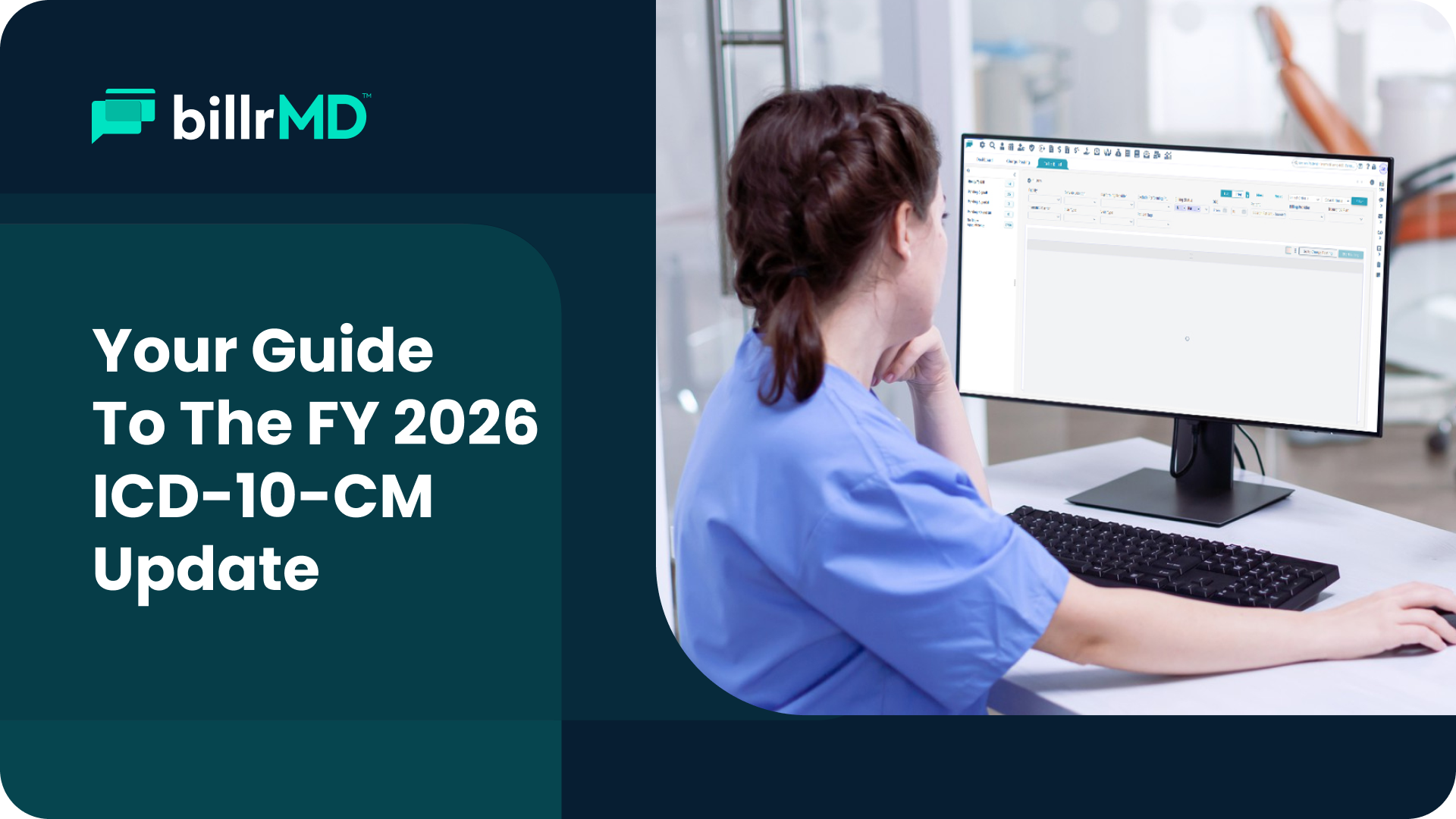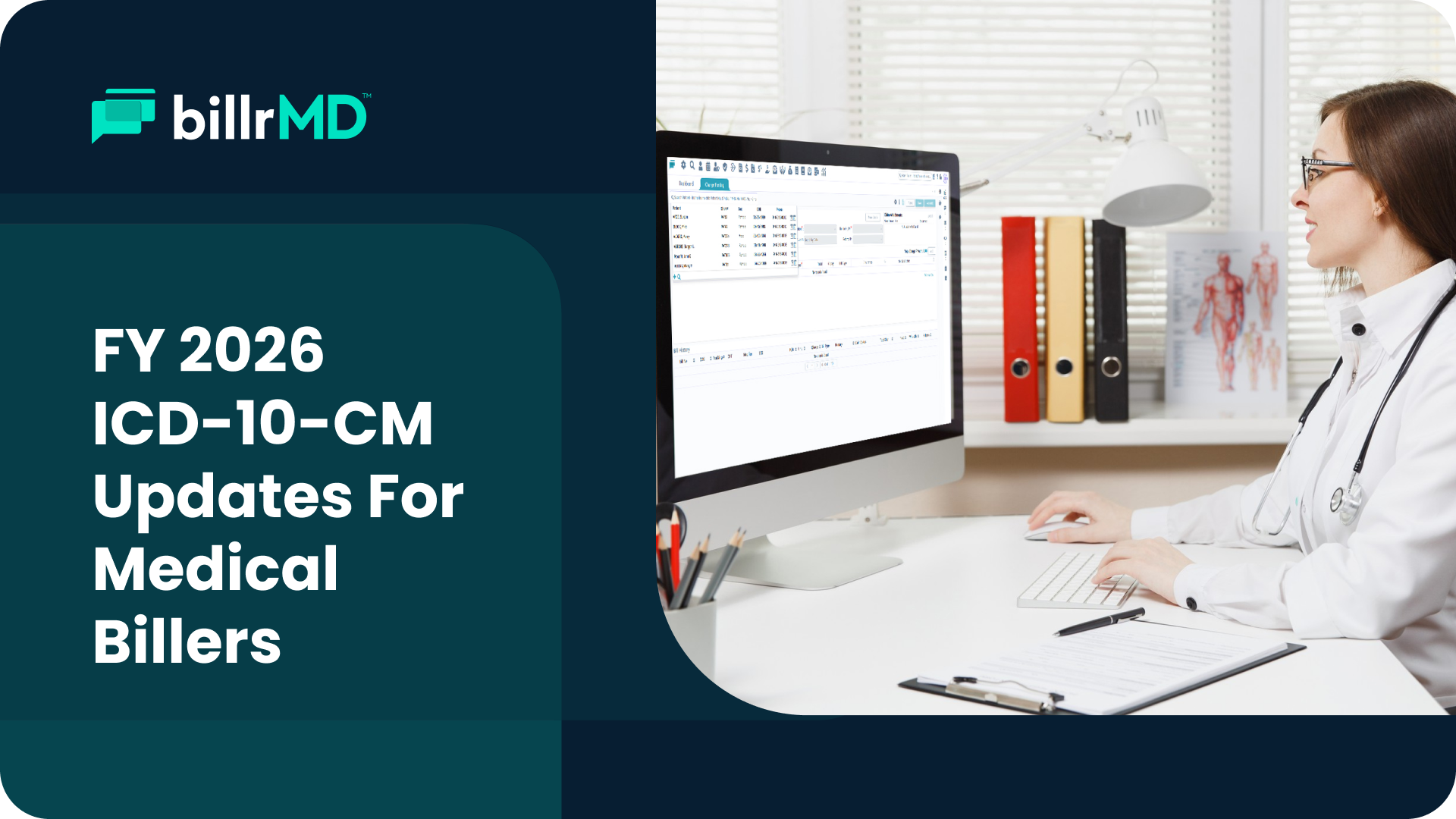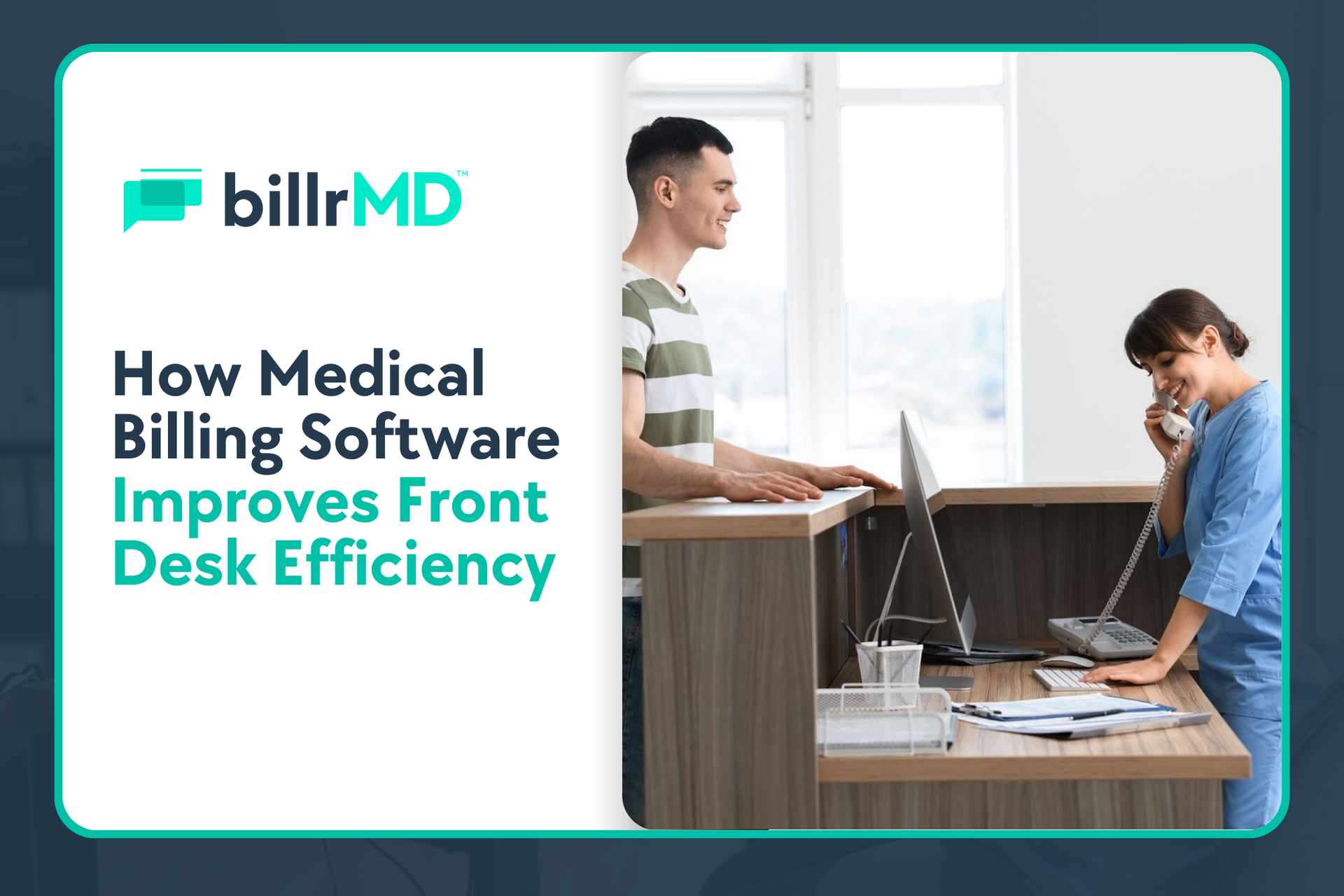5 Things You Need to Know About Telemedicine Billing

The evolution of care settings has never been as rapid and drastic as the past two years have been. Suddenly, telemedicine went from nice-to-have to a fundamental care delivery method that any modern practice needs to keep up with the changing healthcare landscape.
However, as telemedicine continues to evolve, many of the guidelines surrounding it remain up in the air. And one area that providers and practice managers particularly find tricky is telemedicine billing.
With new rules and updates on existing guidelines coming out almost every day, staying on top of these changes can be challenging. From billing best practices and reimbursement rates to what codes to use and restrictions to watch out for, many providers find themselves with questions that require immediate answers.

So here are the top five things you should know when billing for virtual medical services:
1. Rules & Coverage Vary From Payer to Payer
Without concrete policies from government regulatory bodies, insurance companies may have varying guidelines regarding telehealth coverage and billing rules. This can be especially tricky if you accept all three major payers (Medicare, Medicaid, and private insurers).
For example, some private payers cover all virtual services while others only cover up to a certain set of parameters. Meanwhile, Medicare also has its own set of guidelines and covered services.
It’s essential to call the payer first to verify a patient’s eligibility before their appointment. You can also take this opportunity to ask about billing requirements and restrictions. This process helps avoid any surprise medical bills for your patients and ensures that you get paid for your services.
2. Verify Eligible CPT Codes First
Along with varying policies and guidelines, different payers also have certain sets of CPT codes they accept for processing telehealth claims and other virtual healthcare services. The same is true for GT and 95 modifiers (more on this below).
Generally, though, most payers advise practices to use the 99201-05 and 99211-15 CPT codes for virtual consultations and other outpatient visits. However, it’s still good practice to call them first for verification. While it may take a little more time and work, it’s always better to be sure.
3. When to Use GT and 95 Modifiers
Coding modifiers are two characters (either letters, numbers, or a combination of both) that you add to the CPT code to provide supplementary information about the medical service rendered without necessarily changing the meaning of the code.
While there is a significant overlap between situations where the GT and 95 coding modifiers can be used, it’s still crucial to know when to use one over the other.
after it switched to the 95 modifier. While many commercial payers followed suit, some still use the GT modifier and even require them.
So when billing a commercial insurance company, it’s always recommended to confirm first which modifier they use or require.
4. Place of Service Code
Prior to providing any telemedicine service, it’s vital to first establish the patient’s location. Effective January 1, 2022, the Centers for Medicare and Medicaid Services (CMS) made minor revisions to the place of service (POS) codes for telehealth services that distinguish the location where the patient received their services.
Added to the POS codes is POS 10, which refers to situations where the virtual service was provided to patients outside of their homes. Meanwhile, POS 02 is used when the telehealth service occurs within the patient’s home.
Failure to use the correct POS code could lead to denied claims.
5. Employ Robust Medical Billing Software
Knowing how to bill for telehealth services is only the first step in ensuring that you get paid and stay compliant with all existing guidelines. The other equally crucial part is complementing your telemedicine billing knowledge with robust medical billing software that helps you maximize productivity and revenue.
Sophisticated solutions like billrMD provide you with a comprehensive set of tools that simplify every stage of your revenue cycle, from payment processing to patient invoicing and billing, claims submission, and more.
On top of being a cloud-based practice management and medical billing solution, billrMD also provides managed medical billing services to free you and your staff from busy work. Pairing your telehealth billing know-how with a trusted platform like billrMD will only guarantee the best results for your practice.

Telemedicine’s expanded and accelerated adoption revolutionized care delivery. Not only did it improve patients’ healthcare access, but it also allowed practices to add another income stream. That’s why it’s crucial to have an in-depth understanding of telemedicine billing and other virtual healthcare services so you can maximize their revenue potential.













